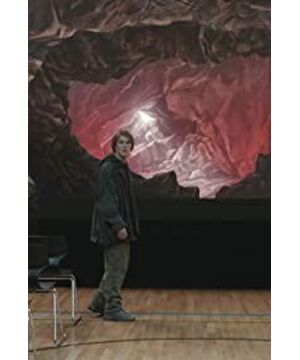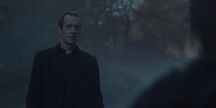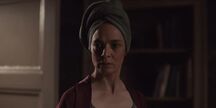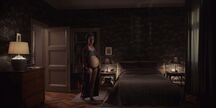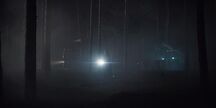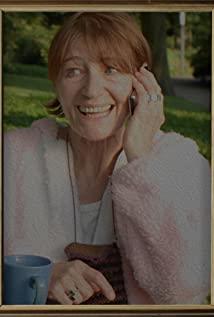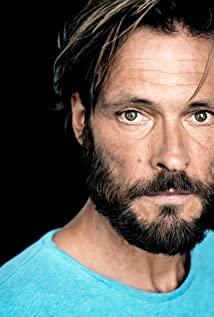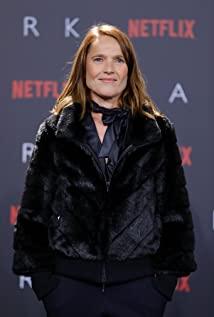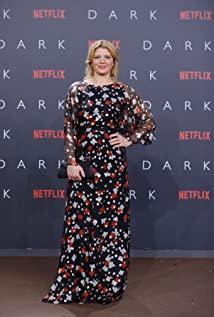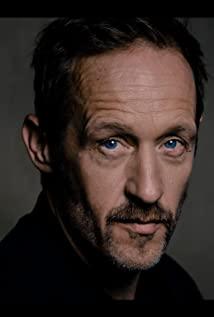(I think there are spoilers)
After watching "Darkness", I was completely stunned. Dreaming is an infinite loop, so let's discuss something cliché, hoping to make it disappear from my dreams (after all, the quality of sleep is not good).
As I watched the first few episodes of Season 2 from season 1, the phrase "everything is connected" kept going around in my head. From the very beginning of Mikael back to 1986 to become Miko, to Ulrich returning to 1953 hoping to kill Helge, to Claudia trying to prevent her father's death but creating all of this with her own hands, it can be said that my The process of watching a movie is a process of getting a deeper and deeper understanding of "everything is related" (so that I can speculate on the direction of the plot through the future version of the characters later). "The past affects the future, and the future also affects the past." As the plot unfolds, it becomes clearer and clearer. When time is linear, the sequence of cause and effect is clear, but when time becomes a Möbius ring connected end to end, cause and effect become one and become a whole. After I understood this, I was reminded of "The End of Eternity" which I watched two years ago. I found that the reason why I thought "The End of Eternity" always seemed a bit unreasonable at the time was because its focus was actually not to be nostalgic for the past, rather than the discussion of cause and effect, which led to "The End of Eternity" using a Logically very far-fetched ending.
But if cause and effect are unified, can we still separate these seemingly disparate events? In linear time, causal unity exists only within the same thing or event. In the case of unity of cause and effect, A and B must be a whole, otherwise there must be a sequence, and time will separate A and B, making them different things or events. But in circular time, since cause and effect are naturally unified, A and B must eventually belong to the same whole, and they continue to be cause and effect to each other within the whole, thus achieving unity. So can we say that, in fact, in circular time, there are no discrete "events", but only one "whole"? If I use this logic to explain the recurring line in the play "We are all just a small part of this infinite whole", does it make sense?
When I saw Adam say that as long as he destroys the crystallization of the two worlds, that is, the source he thought, the cycle can end, I was half heartbroken, and I desperately prayed that it would never be solved in this way. Fortunately, the screenwriter didn't let me down, and didn't end up unfinished in such a place. One of the things that amazes me most about this show is the concept of the unity of cause and effect that runs through it from start to finish. Individuals in this causally unified whole are incapable of breaking this ever-unifying causal relationship, otherwise all this would not have existed in the first place. With this idea in mind, I originally thought that it would be a blackout and an infinite loop, but who would have thought that a smart person would seize the loophole of time still. The writer is amazing, really amazing. The essence of breaking causality is to start from where causality does not work, and causality exists depending on the continuity of time. If time does not move forward, causality may be broken. But as long as there is an ending like "everything has been changed", I can't help thinking about how the protagonist didn't exist after the change, and how it happened that they prevented the car accident from happening. It's like in "The End of Eternity", since there is no possibility of time travel, how does it go back to the 20th century. When I saw Jonah and Martha go to the source world, my first reaction was: they made the car accident. But forget it, the world needs a little light.
Jonah once had an emotional outburst in the play (in fact, he had a lot of them), and it was Jonah who questioned that he had no choice. The infinite loop in the play also made me think, why is this? Is it fate? Fate? Does free will exist if it is driven by fate? But I still do not believe in fate, nor do I believe in fate. I am more inclined to believe that all the inevitability manifested in this infinite loop is the result of free will. As the show says, we can't choose our desires, everything we do is because of our deepest desires. The reason why Jonah and Martha took this road time and time again was not forced by fate, but chosen by themselves. It is their free will that makes everything seem inevitable.
I made up an improvised example that might be inappropriate. For example, X is a student who got his college entrance examination results today. He was born in a rural area, and his parents worked hard to raise him. He is a very filial person. He has always wanted to go to a good university, find a good job, and make money quickly, so as to reduce the burden on the family. So at this time, Peking University extended an olive branch to him (but Tsinghua University did not), would he agree to go to Peking University? I think he would agree 100% because it was a choice that matched his deepest desire (reading to earn money to support his family). Under his "character setting", this was the only choice he could make. He does have the right to choose to go to college, but his free will makes him definitely choose to go to Peking University. He will only go to Peking University. We can almost think that it is inevitable for him to go to Peking University, but we will not think that it goes against his free will.
And I think the same applies to Jonah and Martha in the show. Everything they do is based on their free will, based on their deepest desires. For example, if I were in Jonah's position, I would have ignored it in the first place because I was lazy and cowardly. I don't think about changing. But Jonah, he can't stand it, he's going to do whatever it takes to end what he thinks is a deformity. I think this falls under the category of free will.
At the same time, I think it's emotions that really don't know if they should be classified under the category of free will. Doris (Old Tiedman's wife) has a line, "The human mind can't be explained, it can do whatever it wants." Why Na and Martha had feelings for each other, and why Martha liked Jonah instead of Bartosh, no one could tell. If anything really comes down to fate, I think it might be emotion.
Can there be free will when a deep desire is the product of an emotion that can be classified as destiny? I think it is possible, because two individuals A and B have different ways of dealing with feelings, and the choices made based on this are different, and I think these differences are the manifestation of free will. Although it is said that the environment in which a person grows up and the innate genes are the keys to shaping the person, of course, if you want, you can of course attribute these to fate. But if that were the case, the topic would be unnecessary. After all, all of us are just ramifications of fate, and it doesn't make sense to discuss it (or what do you think makes sense?).
above. Hope to sleep well tonight.
View more about Deja-vu reviews


